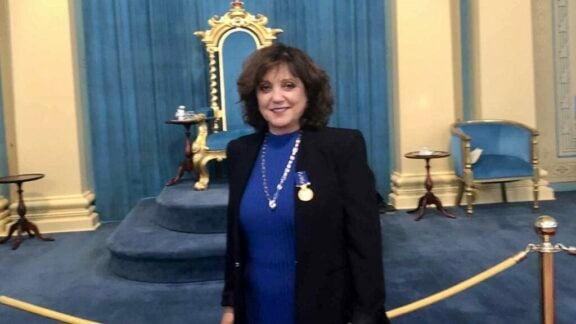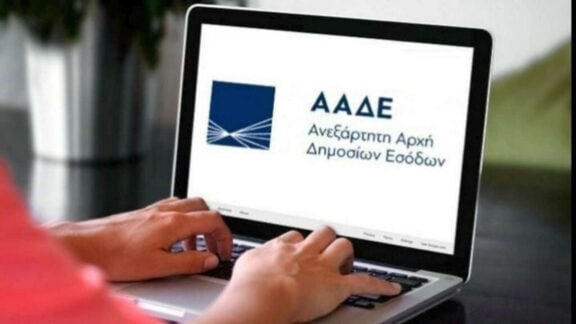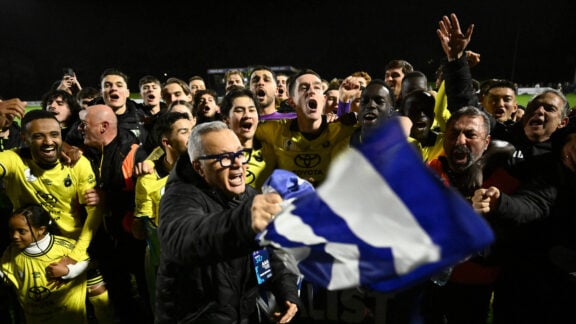2020 was an extraordinary year for the whole world. The pandemic that ensued forced us to radically reconsider the way we think, live, work and interact with those around us. How, then, could education remain unaffected? The forced and hasty transition to e-learning has been a real challenge for all sectors of education, whether it be day schools or language and culture programs that run in the afternoons or Saturday mornings.
In addition to the practical issues, there are also many substantive questions that arose during this transition, which needed immediate answers: what does it mean to teach or learn a language through a computer? Is it enough to simply transfer what I do at school to the e-learning environment? Can the e-classroom completely replace a physical one?
In trying to organise the transition to e-learning, schools had to answer these questions and at the same time reflect on the programs and pedagogical approaches they apply, as well as the level of technological literacy of their teaching staff.
This process clearly brought to the surface some inherent weaknesses of the system as well as the need to review some tactics and approaches, so that they better meet the learning needs and special characteristics of today’s children. It also demonstrated the important role that technology can and should play as a valuable tool and tool for the implementation and upgrading of Greek studies programs either within the existing schools and programs or independently of them.
More than any other, however, the transition to e-learning has highlighted the value and seriousness of the work being done in the field of language education and the skills of the teaching staff who staff these schools. It proved in practice how ready our school community was to make this leap in no time. The ability to adapt and respond to the new circumstances of both our teachers and students was remarkable.
READ MORE: It’s official! Greek language program to continue at La Trobe University
The creativity and imagination that has been deposited in the context of e-learning all this time and the alternative forms of expression that have been born have managed to compensate a large extent of the lack of physical presence and interaction between teacher and children and the children themselves. The importance and effectiveness of the continuous training of teaching staff in recent years and their training in the use of new technologies in Greek language programs were also demonstrated.
The value of the cohesion of a school community and the cooperation of all its members – school, teachers, families – to achieve common goals was also consolidated.
This period of crisis has also given the opportunity to create new programs, programs designed from the beginning for the e-learning environment, which will cover many of the needs that will arise in the near future. It also gave the opportunity to the existing programs to extend the time of the lessons to a second day during the week, so that the children have more frequent exposure and contact with the Greek language and culture.
The valuable experience and knowledge gained all this time from the remote operation of Greek learning programs and the need-based revision of pedagogical approaches I believe may be promising for the future of Greek learning. The constant evolution and adaptation to the new development and the new needs that they bring to light is a key factor for survival and development in the competitive and challenging environment of modern society.
In summary, the transition to e-learning in 2020 may have brought to the surface some weaknesses in the implementation of curriculum, but it was a unique opportunity to review methods and practices, enrich curriculum with new topics and activities, and conquer by teachers, a very high level of technological literacy. This also demonstrated the importance of the cohesion of the school community and the close cooperation of its members – school, teachers, students and family – to find solutions and make creative use of the opportunities that each crisis creates.
Manos Tzimbragos is the Director of the Language & Culture Schools of the Greek Community of Melbourne









